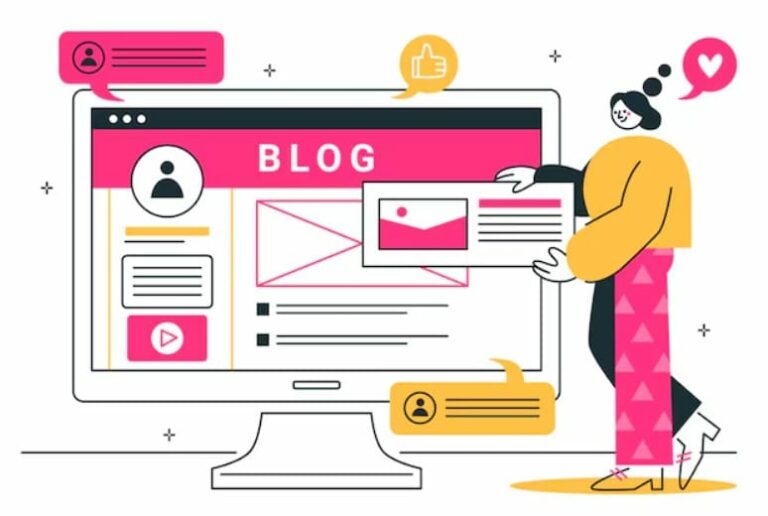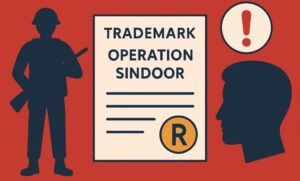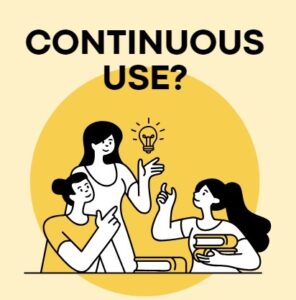In today’s modern era, blogging has become a potent tool for individuals to express themselves, share information, and even generate income. However, in the vast expanse of online content, safeguarding your original work is of utmost importance. Copyright law is crucial for protecting the intellectual property rights of bloggers. This article explores the intricacies of copyright protection for bloggers in India, examining what it involves and how bloggers can navigate the legal landscape.
Table of Contents
ToggleCopyright Basics
Copyright is an intellectual property right granted to the owners of the original literary, artistic, and creative expressions. When it comes to blogging, copyright protection applies to all types of content that are published on a blog, including written articles, images, videos, and other multimedia elements. Once a blogger creates and publishes original content online, they automatically possess the copyright to that work.
Important Aspects of Copyright
Several fundamental principles are at the core of copyright protection. Firstly, in order for a work to be eligible for copyright, it must demonstrate originality by capturing the distinct expression of the creator rather than simply replicating someone else’s work. Although ideas cannot be copyrighted, the physical expression of those ideas is legally protected. In order for copyright protection to apply, the work must be captured in a tangible medium such as being written on paper, stored in a digital file, or recorded on video. This focus guarantees that the work is understandable, replicable, and able to be communicated to others.
The creator of the original work usually holds the copyright, giving them the power to control how it is used and shared. However, there can be challenges in situations where content is produced under employment or contractual agreements. It is important to establish clear ownership rights, particularly when working collaboratively or creating commissioned work for clients. It is equally important to grasp the duration of copyright protection. In India, the duration of protection for different types of work varies. Literary, dramatic, musical, and artistic works are generally protected for the lifetime of the author plus 60 years.
The Significance of Copyright Protection for Bloggers
- Acknowledgment and Appreciation: Copyright protection guarantees that bloggers are acknowledged and appreciated for their original creations. It empowers individuals to protect their ownership rights and safeguard their work from being falsely claimed by others.
- Financial Benefits: Copyright protection allows bloggers to generate income from their content by utilising different methods, including advertising, sponsored posts, and affiliate marketing. Bloggers have the ability to maintain control over their copyrighted works, which allows them to engage in negotiations for licencing agreements and ultimately earn royalties.
- Power over Distribution: Copyright grants bloggers the sole authority to reproduce, distribute, and publicly display their content. This control is crucial for maintaining the integrity of their work and ensuring that it is not used or altered by unauthorised individuals.
- Legal Recourse: If someone copies your work without permission, you have the right to take legal action and seek remedies under the Indian Copyright Act, 1957. Possible remedies can include injunctions, damages, and an account of profits.
Copyright Tips for Bloggers
Bloggers who want to strengthen their copyright protection should focus on implementing practical strategies. First and foremost, including a copyright notice on your blog is a strong indication of your ownership rights. This notice usually includes the copyright symbol (©), the year of first publication, and the name of the copyright owner. It serves to inform visitors that your content is protected. Additionally, taking into account the use of Creative Commons licences can offer a practical way to define the permissions given to others when it comes to utilising your content. These licences enable you to maintain ownership of your work while also giving users the opportunity to share or modify it within specific guidelines, promoting responsible sharing and collaboration.
Additionally, it is crucial to remain vigilant in order to protect your content from unauthorised use. By keeping a close eye on your blog and other online platforms, you can quickly spot any instances of infringement. If you come across any similar situations, it is crucial to take prompt action, such as sending cease-and-desist notices or submitting takedown requests, to deal with the violation.
Lastly, it is crucial to keep detailed records of your original creations to establish proof of ownership. Keeping thorough records of drafts, publication dates, and any related correspondence can be beneficial in case of disputes or legal proceedings, making it easier to reach a resolution.
By following these practical tips, bloggers can take proactive steps to protect their creative work and ensure that their rights are respected and upheld in the digital world.
Conclusion
Ultimately, bloggers must understand that copyright protection goes beyond simply claiming ownership of their content. It also plays a crucial role in promoting a culture of creativity and innovation by establishing clear guidelines for the ethical use of copyrighted materials.






